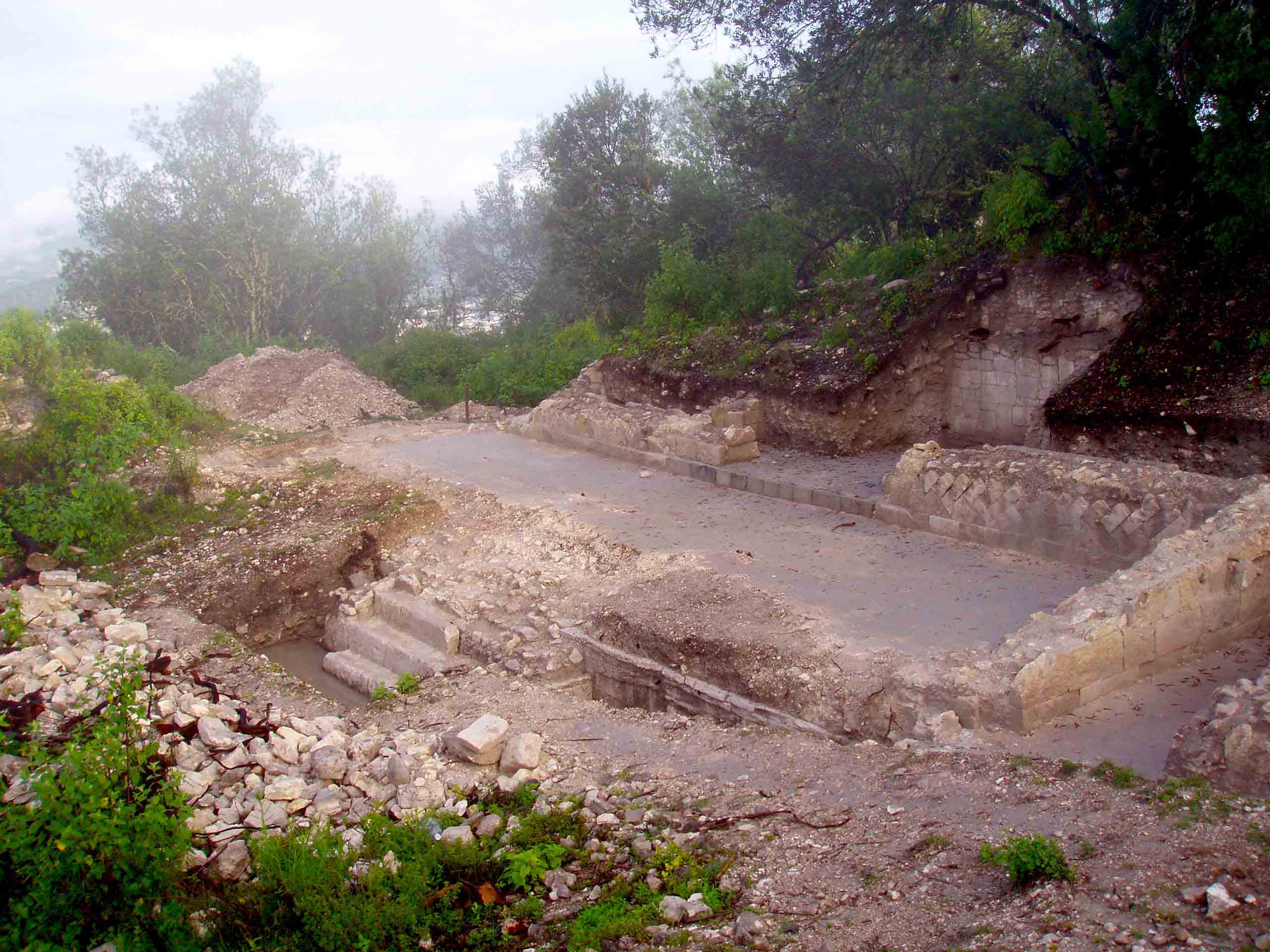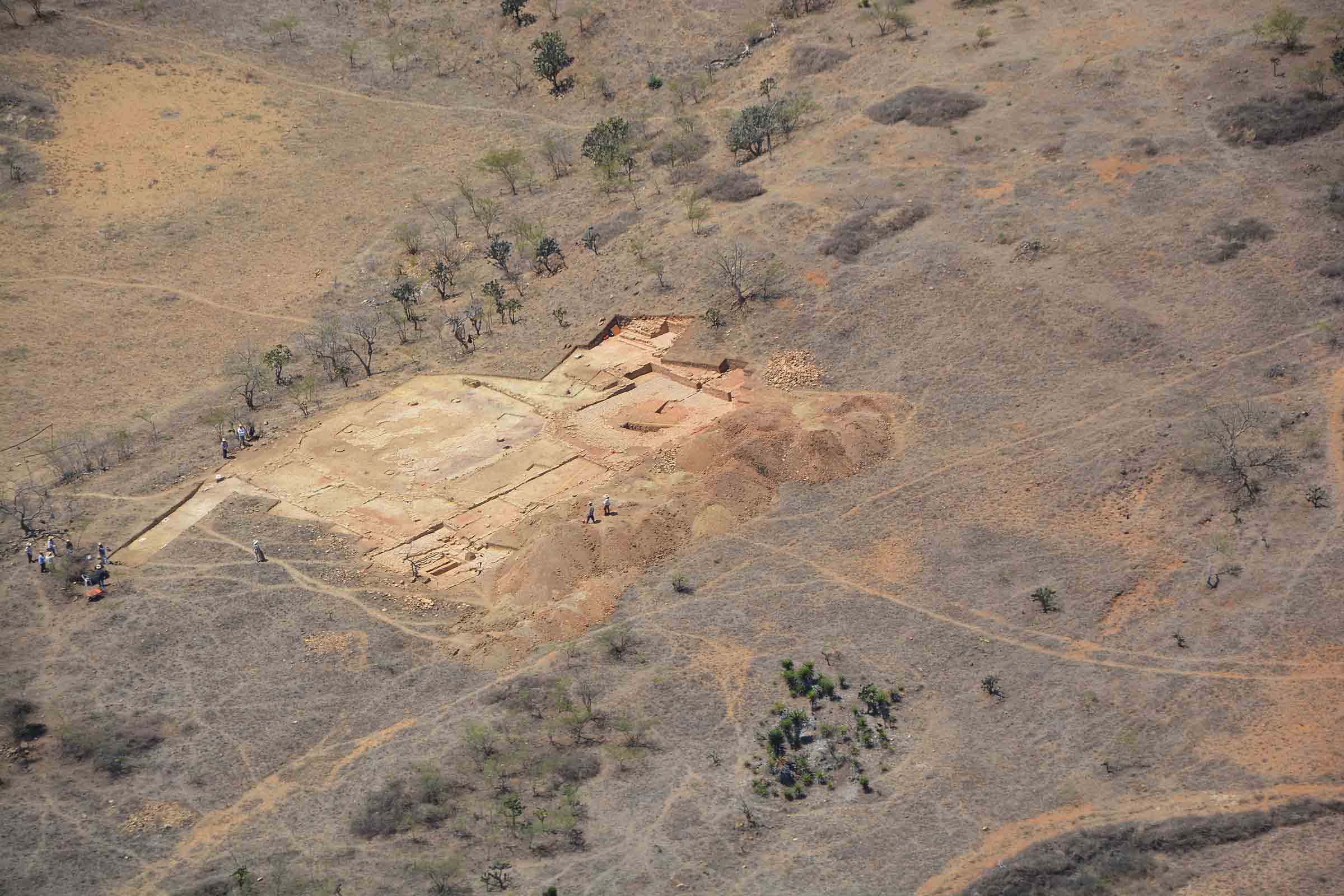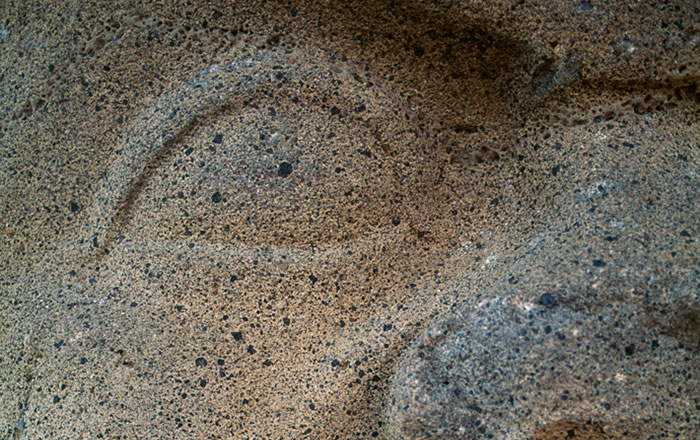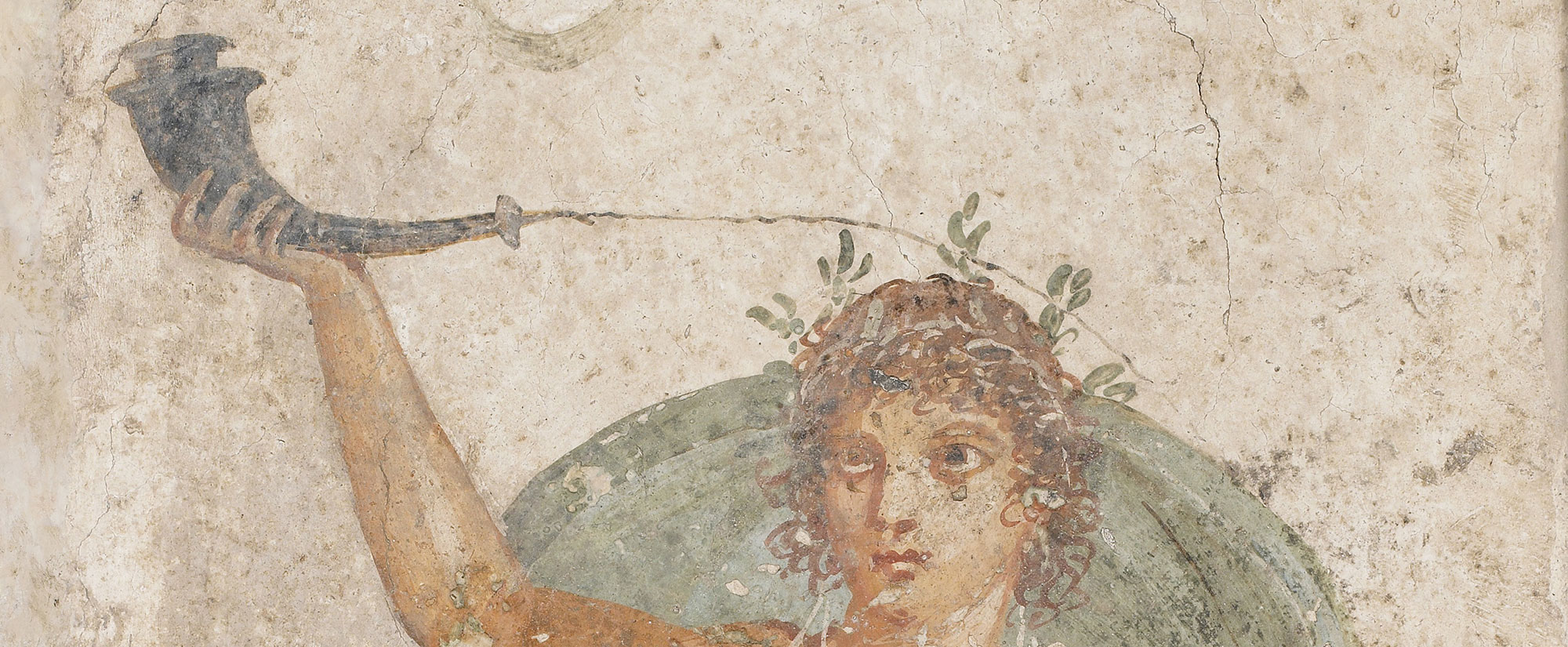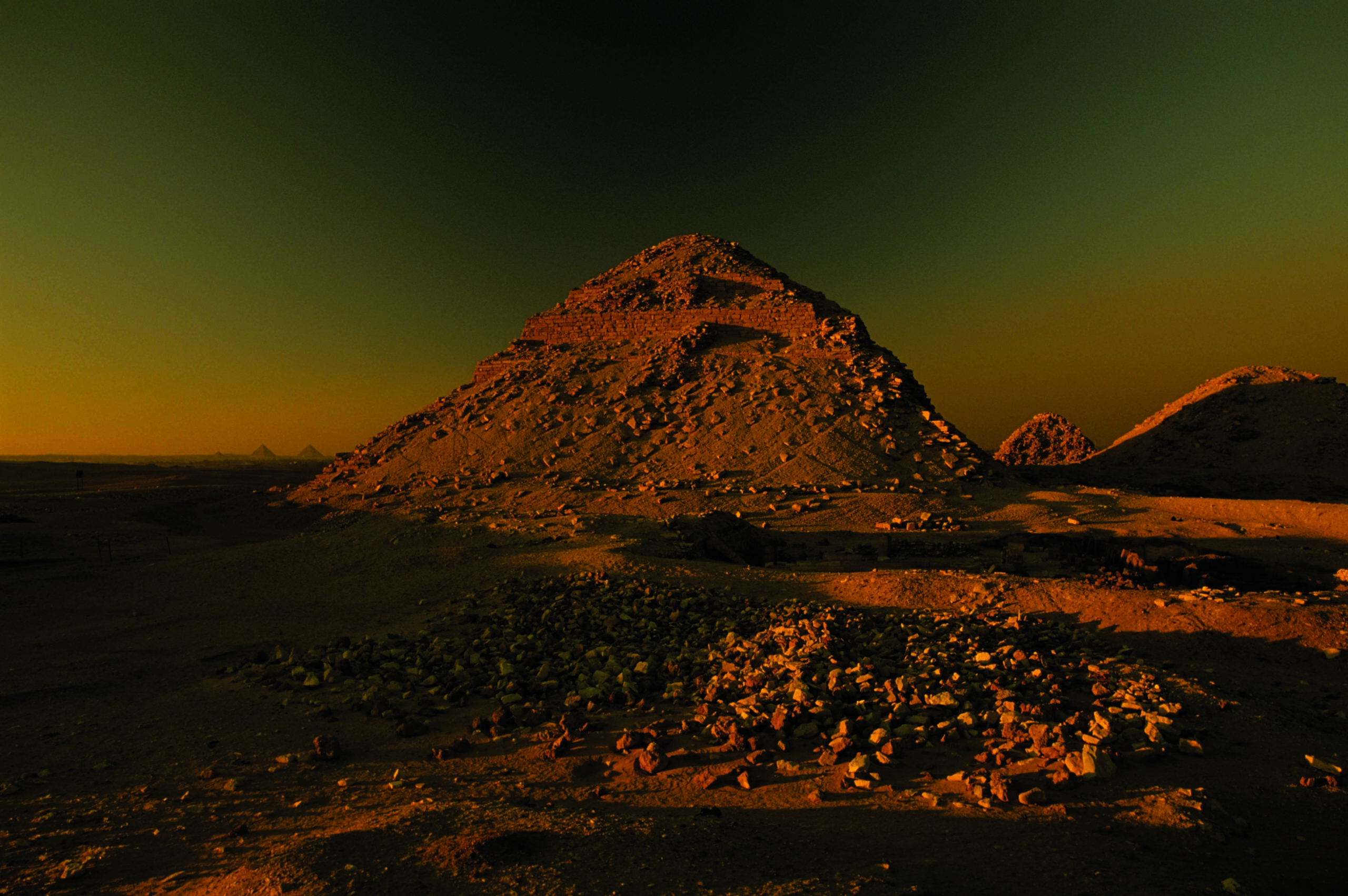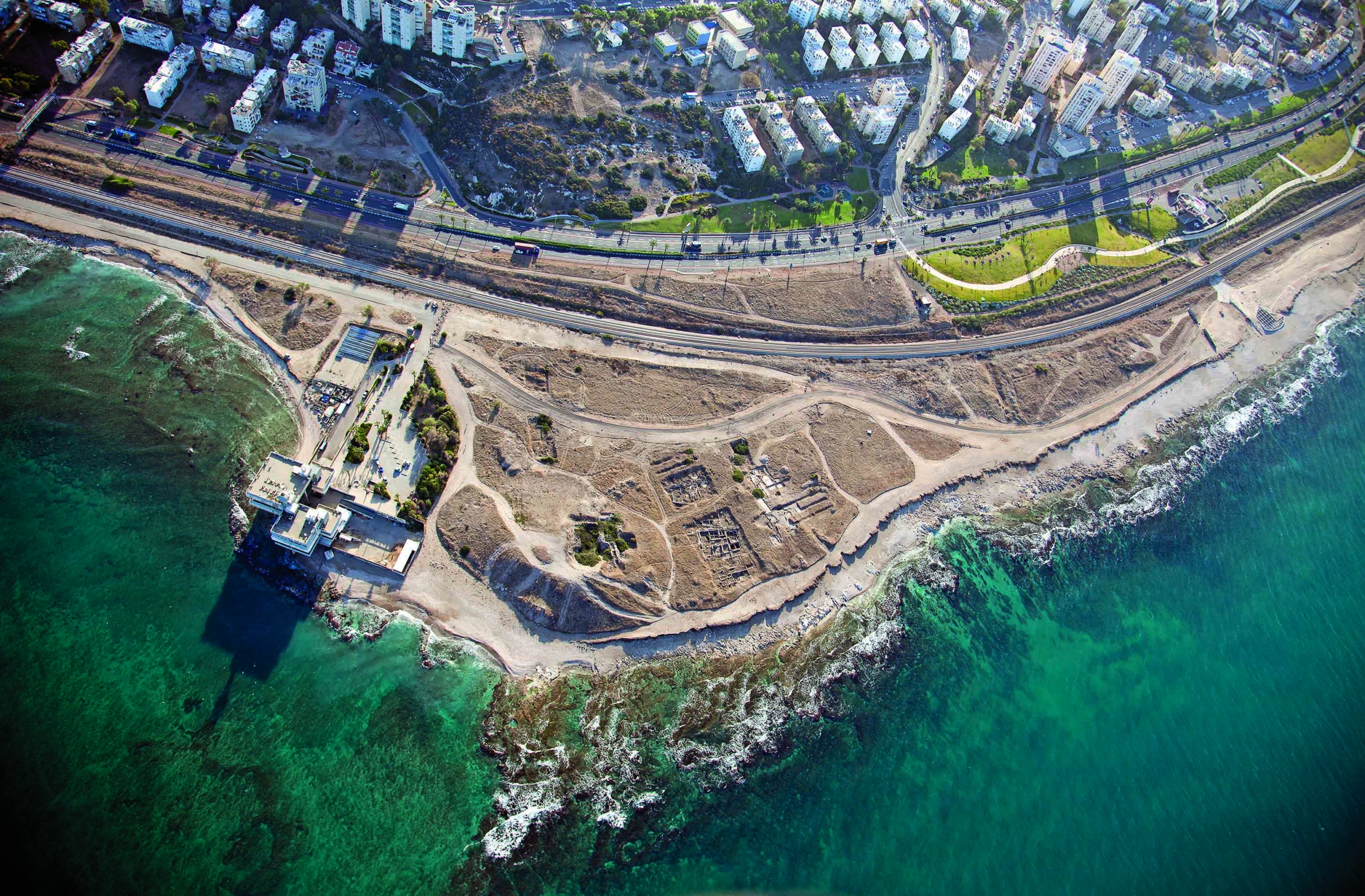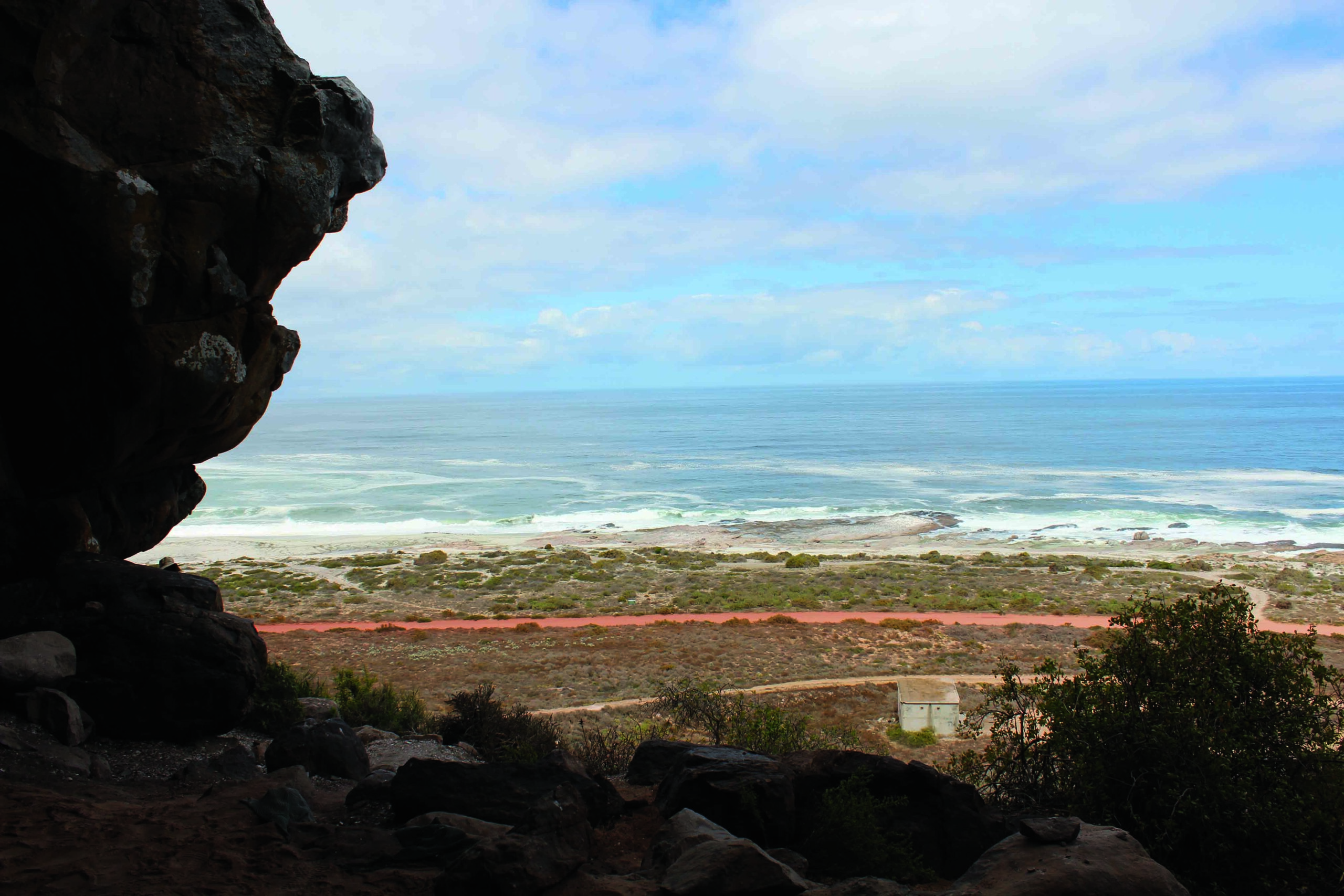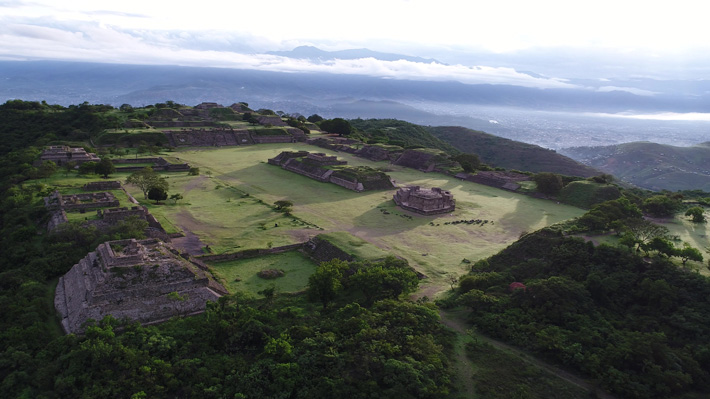
NORMAN, OKLAHOMA—The Norman Transcript reports that traces of a square-shaped building have been detected under the Main Plaza at Monte Albán with the use of ground-penetrating radar, electrical resistance, and gradiometery, by a team of University of Oklahoma researchers. A Zapotec site in Mexico’s southern state of Oaxaca, Monte Albán was established around 500 B.C. and collapsed around A.D. 850. The plaza was in use for about 1,000 years before the collapse. Each side of the newly detected structure measures about 60 feet long, and more than three feet thick. Similar buildings found at the site are thought to have been used for religious practices, according to team member Marc Levine. Continuing analysis of the data collected with remote-sensing technology could reveal if the building was equipped with the same styles of stairways, columns, tunnels, and offerings, he explained. To read about private rituals among Zapotec elites, go to "Zapotec Power Rites."



